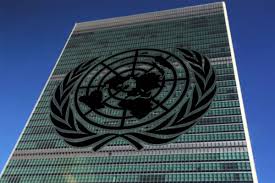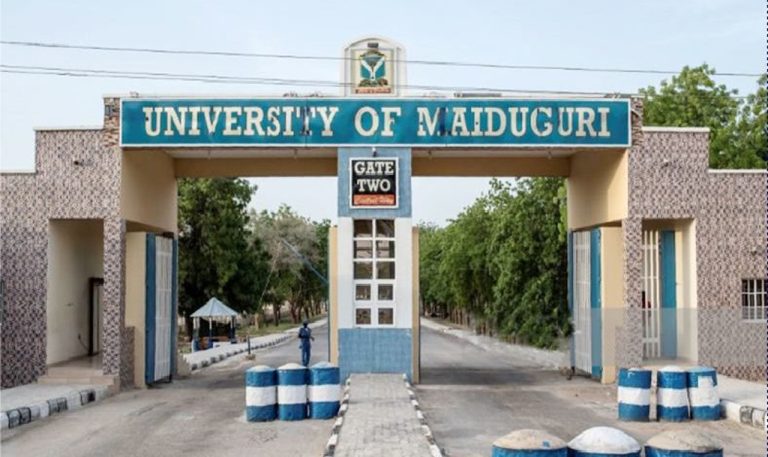
In a landmark move to combat rising digital threats, 65 nations have signed the UN’s first treaty aimed at tackling cybercrime and strengthening global cooperation. The signing took place in Hanoi and was hailed by UN Secretary-General António Guterres as a historic step toward a safer digital world.
Adopted by the UN General Assembly in December 2024 after five years of negotiations, the Convention against Cybercrime establishes the first universal framework for investigating and prosecuting online offences, from ransomware and financial fraud to the non-consensual sharing of intimate images.
“The UN Cybercrime Convention is a powerful, legally binding instrument to strengthen our collective defences against cybercrime,” Guterres said at the ceremony. “It is a testament to the continued power of multilateralism and a vow that no country, regardless of development level, will be left defenceless against cybercrime”.
Hosted by Viet Nam in collaboration with the UN Office on Drugs and Crime (UNODC), the event drew senior officials, diplomats, and experts from around the globe.
The treaty criminalises a wide range of cyber-dependent and cyber-enabled crimes, facilitates cross-border sharing of electronic evidence, and establishes a 24/7 cooperation network among States. It is also the first international treaty to recognise the non-consensual dissemination of intimate images as an offence, a major victory for victims of online abuse.
The Convention will enter into force 90 days after the 40th State deposits its ratification.
Guterres warned that while technology has brought “extraordinary progress,” it has also created new vulnerabilities. “Every day, sophisticated scams defraud families, steal livelihoods, and drain billions of dollars from our economies,” he said. “In cyberspace, nobody is safe until everybody is safe”.
He described the treaty as “a victory for victims” and “a clear pathway for investigators and prosecutors” to navigate crimes and evidence that cross borders. By providing global standards for electronic evidence, the treaty aims to improve cooperation between law enforcement agencies while protecting privacy, dignity, and human rights.
During his visit, Guterres met with President Lương Cường, Prime Minister Phạm Minh Chinh, and other top officials. At a joint press conference, he highlighted Viet Nam’s key role in the global digital supply chain and urged swift ratification and implementation of the treaty.
The treaty comes as global cybercrime costs are projected to reach $10.5 trillion annually by 2025, signaling an urgent need for stronger international cooperation.



